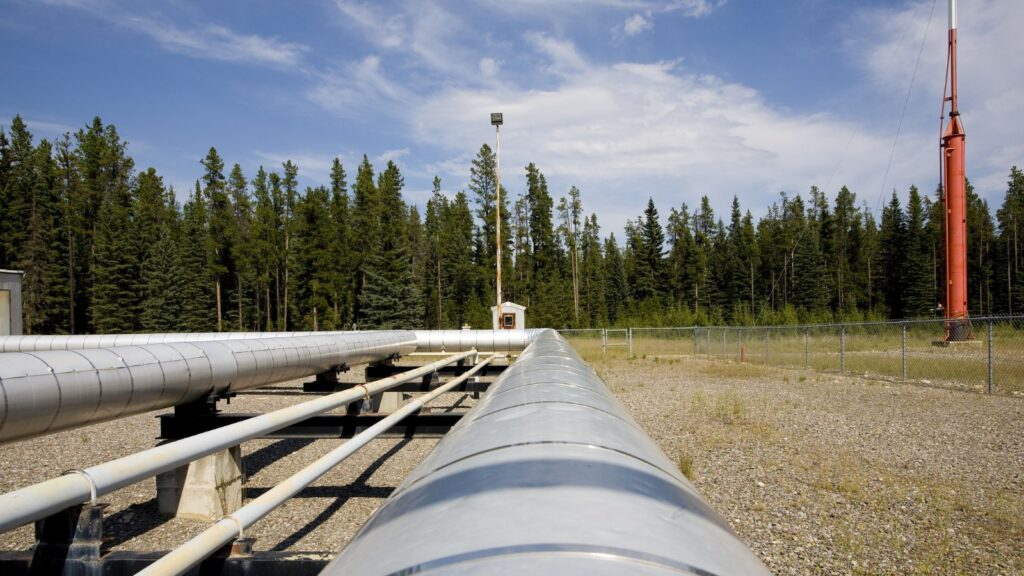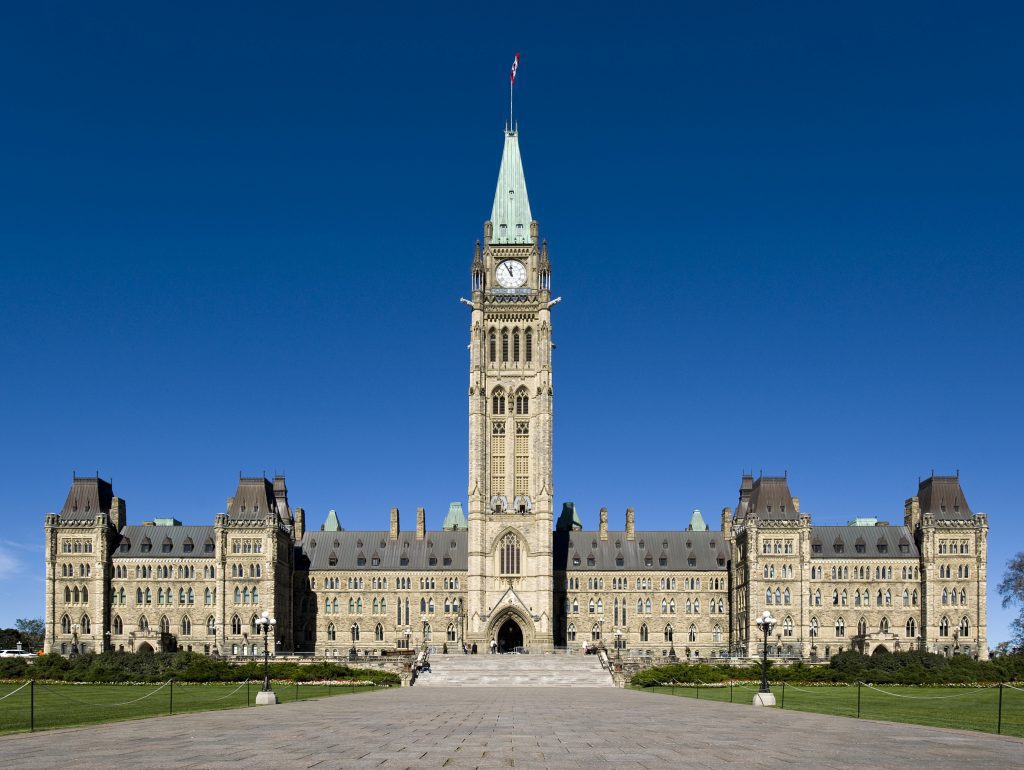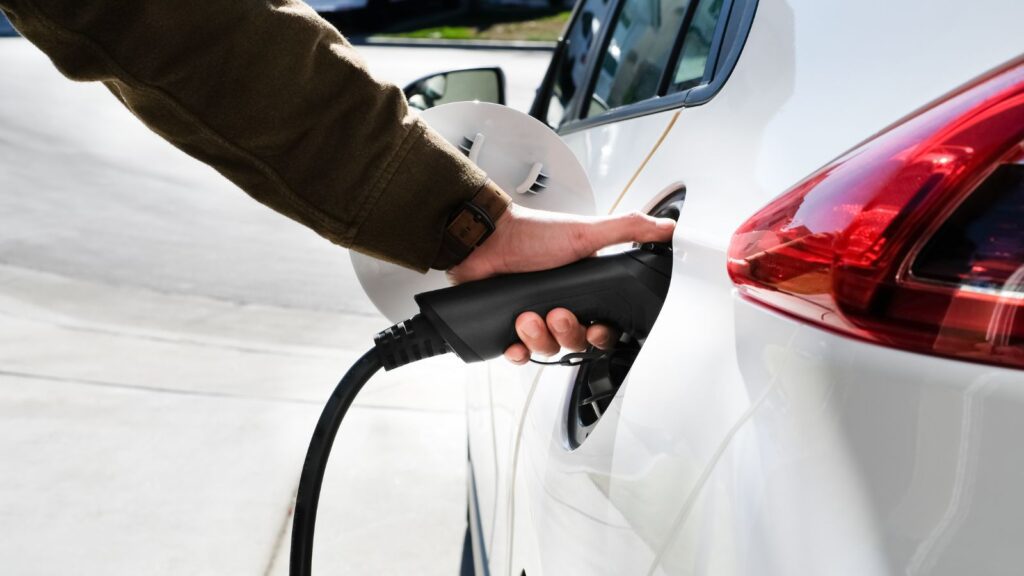Statement from Keith Brooks, Programs Director, Environmental Defence Canada
Toronto | Traditional territories of the Mississaugas of the Credit, the Anishinaabeg, the Haudenosaunee, and the Wendat – The Prime Minister has committed to “nation-building projects” and making Canada an energy superpower. To be a superpower in the 21st century means first considering what our customers around the world are buying now, and what they will be buying five, ten, and fifteen years from now. The reality is that global markets are shifting away from oil and gas towards renewable energy. If the Prime Minister wants to build a new economy for Canada, his government should invest in the energy of the future.
In addition, Canada faces growing climate and biodiversity crises that threaten our towns, homes, businesses, ecosystems, agriculture and future prosperity. Everything we invest in must be viewed through the lens of answering the question: Does this investment help mitigate these threats? If the answer is no, then it is not in the national interest.
Projects that should be considered to be truly nation-building should include:
- A resilient electricity grid with new east-west interties and with access for solar, wind and storage. This includes investing in offshore wind in Atlantic Canada & the Great Lakes, and supporting renewables that benefit communities and Indigenous nations
- Scaled-up public transportation, from new public transit infrastructure (including rural) and operations to high-speed rail, starting with the Windsor to Quebec City corridor and between Edmonton & Calgary
- Millions of green, energy-efficient and affordable homes
- A circularized packaging economy by working with industry and provinces to launch packaging re-usability initiatives
- Closing the infrastructure gap for Indigenous communities, as it relates to water, housing, healthcare and schools, as recommended by the Assembly of First Nations
- A Green Industrial Strategy: Investing in domestic manufacturing for heat pumps and other energy transition-enabling technologies
In addition to selecting the appropriate nation-building projects, the proposed legislation must also ensure that it doesn’t compromise the federal government’s obligations to due process, environmental impacts, and the duty to consult with Indigenous Peoples. It is good to see that the criteria will consider whether a project contributes to “clean growth.” We take this to mean that projects which further imperil Canada’s ability to meet its climate commitments would not be deemed in the national interest.
Honouring Indigenous rights is essential. Failing to do so will not expedite projects but will instead lead to lawsuits and prolonged court battles. To truly be efficient, the federal government must undertake good faith and meaningful consultation from the outset. We are glad to see the government reaffirm its commitment to uphold and respect the United Nations Declaration on the Rights of Indigenous Peoples Act.
In the midst of the current economic and geopolitical uncertainty, Prime Minister Carney has been clear about his vision for a stronger, more resilient Canada – now he must back his words up.
ABOUT ENVIRONMENTAL DEFENCE (environmentaldefence.ca): Environmental Defence is a leading Canadian environmental advocacy organization that works with government, industry and individuals to defend clean water, a safe climate and healthy communities.
– 30 –
For more information or to request an interview, please contact:
Midhat Moini, Environmental Defence, media@environmentaldefence.ca







